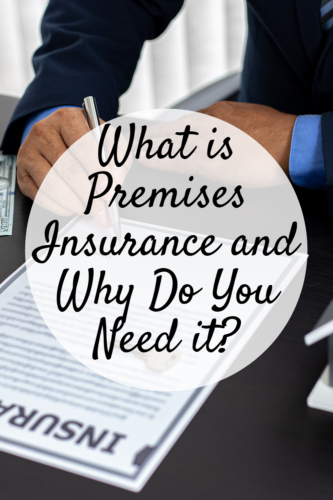
When it comes to personal injury cases, many involve premises liability. What does that mean? When does it come into play?
What is Premises Liability?
When an injury is caused by hazardous conditions on a property, legal professionals refer to this as a premises liability case. To win this type of case, the victim must show that the property owner acted in a negligent manner, and this negligence materially contributed to their injuries. The owner didn’t use reasonable care in maintaining the property, so they bear responsibility for the victim’s injuries.
Men and women must recognize their injuries don’t automatically mean the owner acted in a negligent manner. For a successful suit, the victim must show that the owner knew or should have known about the hazardous conditions and didn’t take steps to rectify them. Uvalle Law Firm looks to see if a reasonable person would have known of the danger and corrected it. If the firm can prove this, they will probably win the suit.
Premises Liability Case Types
What types of personal injury cases fall into the premises liability category? Slip and fall cases qualify, as the person has this accident on someone’s property. Snow and ice accidents are in this category for the same reason. Any case resulting from inadequate maintenance of a property would be a premises liability case, and the same holds when there are defective conditions on the property.
However, certain cases don’t immediately appear to be premises liability cases, but they are. This includes injuries sustained on a property when inadequate security led to a person sustaining an injury or being assaulted. Fires fall under the premises liability category as do chemical injuries. Any person who is unsure of which type of lawsuit to file should seek legal guidance before proceeding. In actuality, dog bites land in the premises liability category because the presence of a dog on the property led to unsafe conditions.
Visitor Status
Nevertheless, some states limit who may file a claim of this type. They look at the visitor’s status when determining who may seek compensation. States that consider visitor status put victims into one of three categories. They are considered invitees, licensees, or trespassers. Invitees are those who have expressed or implied permission to be on the property, and the owner owes them the highest duty of care.
Licensees have permission to enter a property for their own purposes. As a result, the owner owes them a lesser duty. They must let the licensee know of any dangerous conditions that they are aware of if the licensee won’t find it on their own.
Property owners have no duty of care when it comes to trespassers unless the trespasser is a minor. They must use reasonable care when protecting children from a risk of harm due to artificial conditions, such as when there is a swimming pool on the property. An attorney becomes of great help in determining the owner’s duty of care in a premises liability case.
If you have been injured on someone else’s property, speak to an attorney to learn if you have a premises liability case. Many individuals find they have the right to seek compensation from the owner for their medical bills and more. However, a person cannot know this until they speak with a legal expert knowledgeable in these cases. It never hurts to ask, so reach out to an attorney today.





Leave a Reply